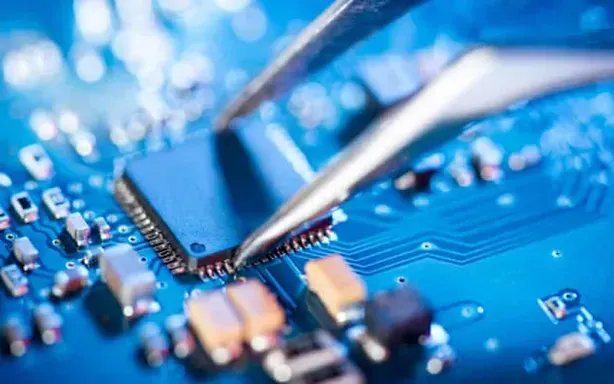
Illustration photo.
The US Department of Commerce said it has authorized the export of advanced artificial intelligence (AI) chips, equivalent to up to 35,000 Nvidia Blackwell chips, estimated at about $1 billion, to two companies in Saudi Arabia and the United Arab Emirates (UAE).
The two companies are G42, a state-run AI company based in Abu Dhabi, and Humain, an AI venture backed by the Saudi government . Both have plans to build large data center projects.
Tech giants Nvidia, OpenAI, Cisco and Oracle, along with Japan's SoftBank, are partnering with G42 to build the first phase, called Stargate UAE, which is expected to be operational in 2026.
Meanwhile, Humain and Elon Musk's xAI company plan to jointly develop data centers in Saudi Arabia, including a 500-megawatt facility.
Plans to impose tariffs on imported US chips may be delayed
The United States may not impose tariffs on imported chips as soon as it has announced, delaying a centerpiece of President Donald Trump's economic agenda, according to people familiar with the matter.
In August 2025, Mr. Trump announced that the United States would impose tariffs of about 100% on imported chips, but exempt companies that are already manufacturing in the United States or have committed to manufacturing in the country. However, the situation has changed as his administration continues to debate the timing and other details. U.S. officials are trying to avoid escalating tensions with China over trade issues, which could lead to a trade war and disrupt exports of vital rare earth metals. However, no final decisions have been made, and triple-digit tariffs could be imposed at any time.
Asked about the debate, a White House official and a Commerce Department official disputed that the administration had adjusted its stance. The White House official said the administration remained committed to bringing manufacturing back home, which is critical to national security and the economy. The Commerce Department official said there had been no change in the department’s policy on chip tariffs. But neither said when the tariffs, which have been announced since the early days of Trump’s second term, would be finalized, nor did they provide any other details.
The Chinese Embassy in Washington said that cooperation between the two countries on chips is the best option. China welcomes the United States to work with China to implement the consensus reached at the meeting between the two leaders in Busan, South Korea, create a favorable environment for mutually beneficial cooperation between enterprises of the two sides, and jointly maintain the stability of the global chip supply chain.
Any decision by the Trump administration to slow or scale back the chip tariffs would be difficult, given the growing price concerns among consumers heading into the holiday shopping season. Tariffs on imported chips could raise the price of devices that use them, from refrigerators to smartphones.
Last week, Mr. Trump lifted tariffs on more than 200 New Zealand food products, but he also said the import duties did not contribute significantly to inflation. The U.S. government shutdown delayed the release of recent consumer price data, but U.S. inflation has been above the Federal Reserve’s target for years.
Source: https://vtv.vn/my-cho-phep-xuat-khau-chat-ban-dan-tien-tien-100251120160148652.htm




![[Photo] National Assembly Chairman Tran Thanh Man holds talks with South Korean National Assembly Chairman Woo Won Shik](/_next/image?url=https%3A%2F%2Fvphoto.vietnam.vn%2Fthumb%2F1200x675%2Fvietnam%2Fresource%2FIMAGE%2F2025%2F11%2F20%2F1763629724919_hq-5175-jpg.webp&w=3840&q=75)
![[Photo] Lam Dong: Panoramic view of Lien Khuong waterfall rolling like never before](/_next/image?url=https%3A%2F%2Fvphoto.vietnam.vn%2Fthumb%2F1200x675%2Fvietnam%2Fresource%2FIMAGE%2F2025%2F11%2F20%2F1763633331783_lk7-jpg.webp&w=3840&q=75)
![[Photo] President Luong Cuong receives President of the Senate of the Czech Republic Milos Vystrcil](/_next/image?url=https%3A%2F%2Fvphoto.vietnam.vn%2Fthumb%2F1200x675%2Fvietnam%2Fresource%2FIMAGE%2F2025%2F11%2F20%2F1763629737266_ndo_br_1-jpg.webp&w=3840&q=75)





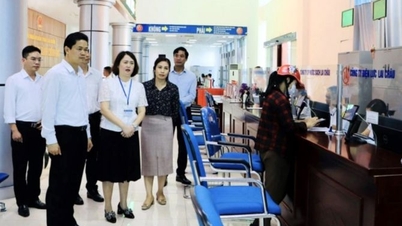

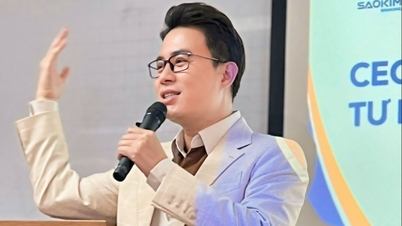

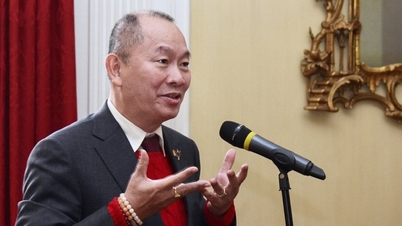
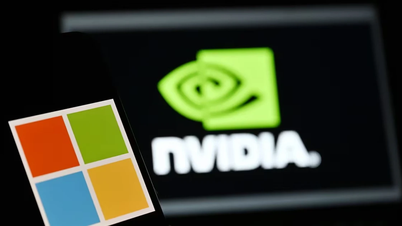

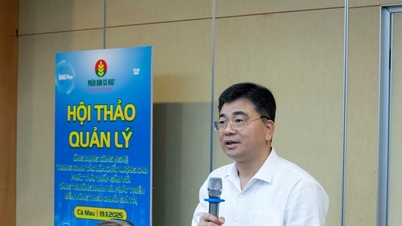



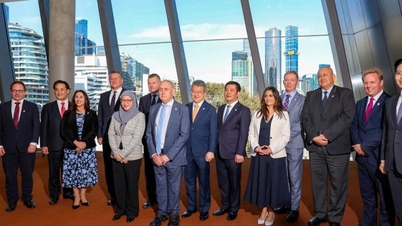








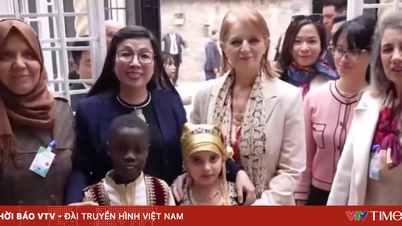
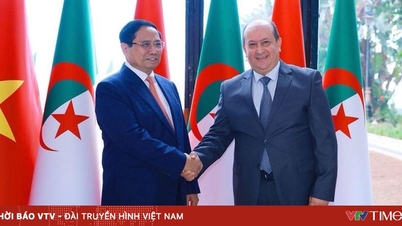

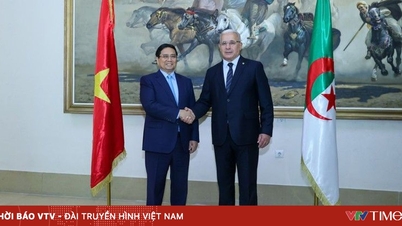
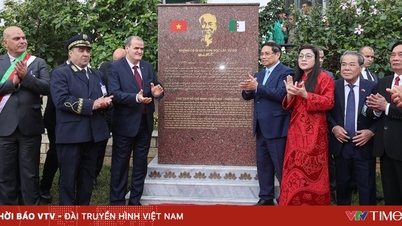
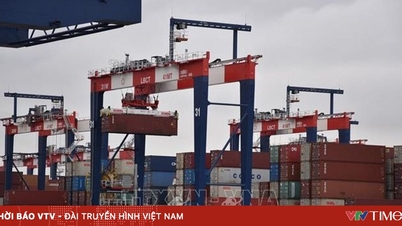










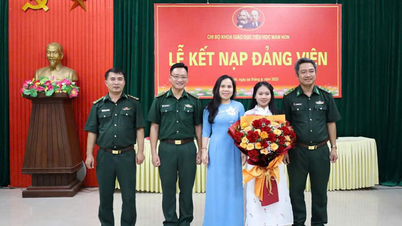






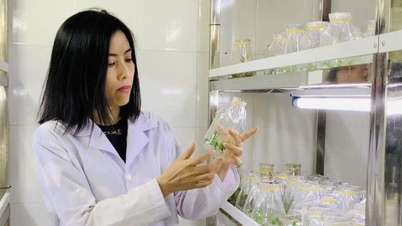

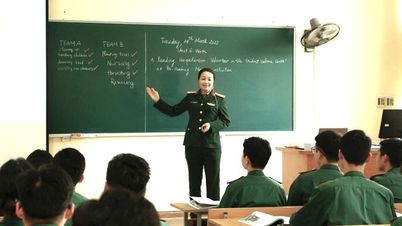

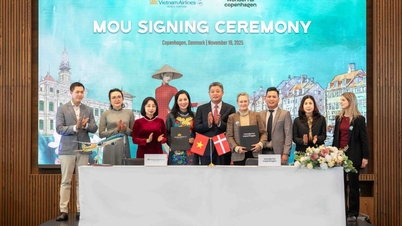

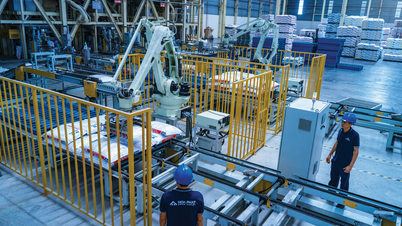












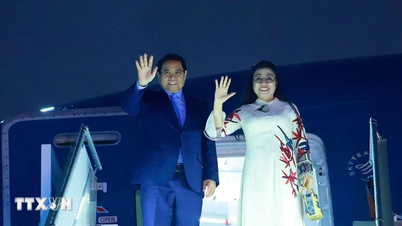


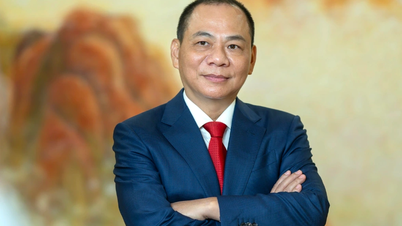

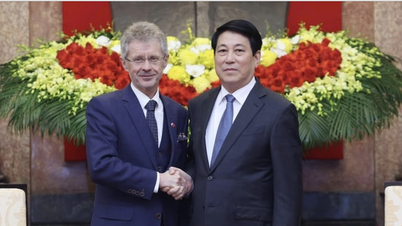
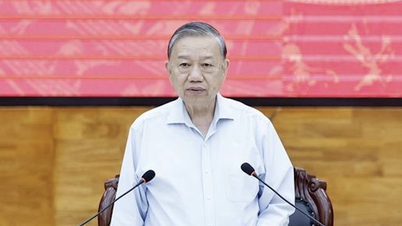



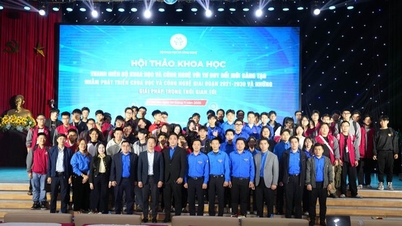

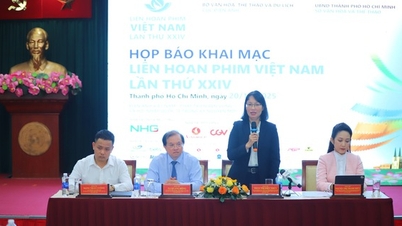

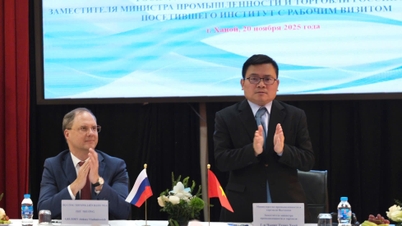
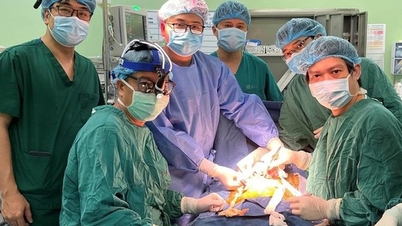
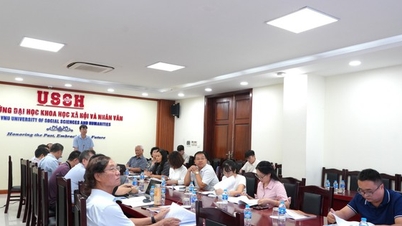








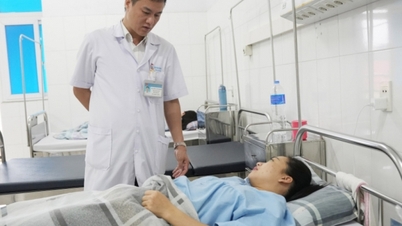
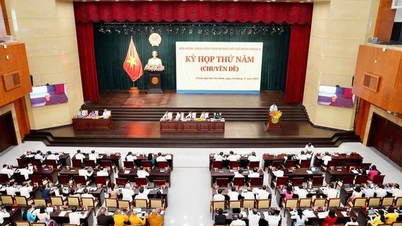


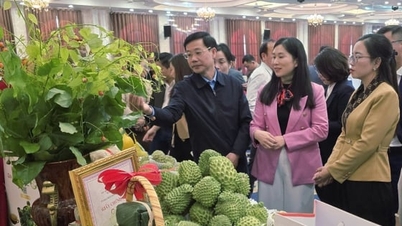










Comment (0)